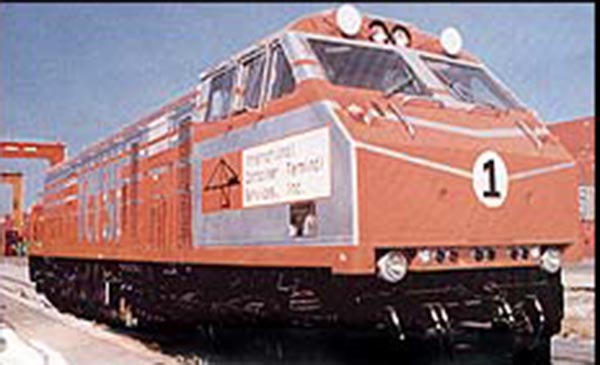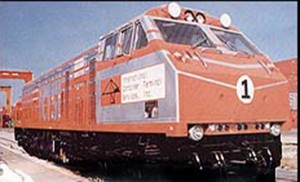

Global port operator International Container Terminal Services, Inc. (ICTSI) may reopen in March 2015 its inland container depot (ICD) located in Cabuyao, Laguna.
“We’re going to open that in March as a buffer in the event (a problem arises) for whatever reason,” ICTSI head of Asia Region Christian Gonzalez told PortCalls on the sidelines of the August 13 Senate hearing on port congestion.
The 21-hectare container facility, which ICTSI operated for six years and shut down in 2003, is connected to a rail system leading to Manila.
Gonzalez’s statement dovetailed with what Trade Secretary Gregory Domingo said at the same hearing. Domingo said ICTSI wanted to revive at its own expense the rail line running from Tutuban, Manila to Calamba, Laguna.
Domingo added that with the growing economy, the rail system will help alleviate the current port congestion.
Whether the ICD will be connected to the rail line or not will depend on the outcome of discussions with the Department of Transportation and Communications on how the project will be handled, Gonzalez said, noting this could be in the form of unsolicited advice, a public-private partnership scheme, or some other type of arrangement.
He added that a “very high-tech signaling system” will be needed “if you mix the passenger and freight,” but gave the assurance that “if we can do it, we will.”
ICTSI shut down the Cabuyao ICD due to losses sustained since it began operating in 1998.
The port operator attributed the losses to the slow pace of industrial growth in the ICD’s main market, Calabarzon (Calamaba, Laguna, Batangas, Rizal and Quezon), as well as poorly maintained rail tracks and railroad bridges leading to the area. It also faced strong competition from truckers offering reduced rates. – Roumina Pablo




